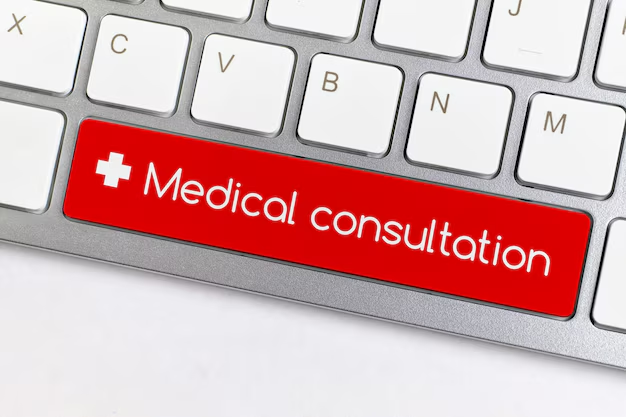Your Guide to What Is The Earliest Age One Can Get Medicare
What You Get:
Free Guide
Free, helpful information about Medicare Insurance and related What Is The Earliest Age One Can Get Medicare topics.
Helpful Information
Get clear and easy-to-understand details about What Is The Earliest Age One Can Get Medicare topics and resources.
Personalized Offers
Answer a few optional questions to receive offers or information related to Medicare Insurance. The survey is optional and not required to access your free guide.
When Can You Start Receiving Medicare? Here's What You Need to Know
Navigating the world of healthcare can be daunting, especially when considering the transition to Medicare. Understanding the right age to start benefiting from this federal program is crucial, as it can significantly impact your financial and medical well-being. So, what is the earliest age you can receive Medicare benefits? Let’s delve into the details.
The Standard Eligibility Age for Medicare
Traditionally, Medicare enrollment begins at age 65. This is when most Americans become eligible for this crucial health insurance program that covers hospital care, outpatient services, and prescription drugs. But did you know that certain circumstances allow you to file for Medicare before turning 65?
Early Medicare Eligibility Under Special Circumstances
While 65 is the standard age for most, there are specific scenarios where individuals may qualify for Medicare earlier:
Disability: If you have been receiving Social Security Disability Insurance (SSDI) for 24 months, you automatically qualify for Medicare, regardless of age.
End-Stage Renal Disease (ESRD): Individuals with permanent kidney failure requiring dialysis or a transplant can enroll in Medicare at any age.
Amyotrophic Lateral Sclerosis (ALS): Known as Lou Gehrig's disease, ALS patients automatically qualify for Medicare when their disability benefits begin.
These exceptions ensure that those with severe health concerns receive timely access to healthcare without waiting to turn 65.
Broadening the Support Network: Financial Assistance & Government Aid
Understanding your Medicare eligibility is just one aspect of managing healthcare costs. Exploring available financial assistance programs can safeguard against potential financial strain while receiving medical treatments.
Government Aid Programs
These programs are here to provide the support you need:
- Medicaid: Often works in conjunction with Medicare to cover additional healthcare costs for those with limited income.
- Supplemental Security Income (SSI): Helps those over 65, or with a disability and limited resources, meet basic financial needs.
Financial Assistance Options
Several avenues exist to ease the burden, such as:
- State Health Insurance Assistance Programs (SHIPs): Offers free counseling on Medicare options and financial assistance.
- Patient Assistance Programs: Run by pharmaceutical companies, these programs help with medication costs for eligible participants.
Educational and Financial Resources
In addition to health-focused aid, consider exploring educational grants and credit solutions designed to uplift individuals with financial difficulties. These tools not only provide immediate assistance but also set the stage for long-term financial stability.
Resources for Financial and Educational Support 🌟
- 📚 Educational Grants: Look for grants specifically aimed at adult education and skill development.
- 💳 Credit Counseling: Engage with nonprofit counselors to understand your financial health and manage debt effectively.
- 🏦 Debt Relief Programs: Explore options to consolidate and manage debts, reducing stress and improving financial well-being.
- 💊 Medication Assistance Programs: These can help cover prescription costs, especially if you're on long-term medications.
Whether you are nearing traditional Medicare age, qualifying through special circumstances, or planning your financial future, these resources are key to a well-rounded approach to personal and health-related financial management. Planning and accessing the right resources can pave the way towards a healthier, financially secure future.
What You Get:
Free Medicare Insurance Guide
Free, helpful information about What Is The Earliest Age One Can Get Medicare and related resources.

Helpful Information
Get clear, easy-to-understand details about What Is The Earliest Age One Can Get Medicare topics.

Optional Personalized Offers
Answer a few optional questions to see offers or information related to Medicare Insurance. Participation is not required to get your free guide.


Discover More
- Am I Elgible For Medicare
- Am I Enrolled In Medicare
- Am I Qualified For Medicare
- Are Adult Diapers Covered By Medicare
- Are Chemotherapy Drugs Covered By Medicare Part d
- Are Colonoscopies Covered By Medicare
- Are Covid Tests Covered By Medicare
- Are Cpap Machines Covered By Medicare
- Are Cpap Supplies Covered By Medicare
- Are Dental Implants Covered By Medicare
